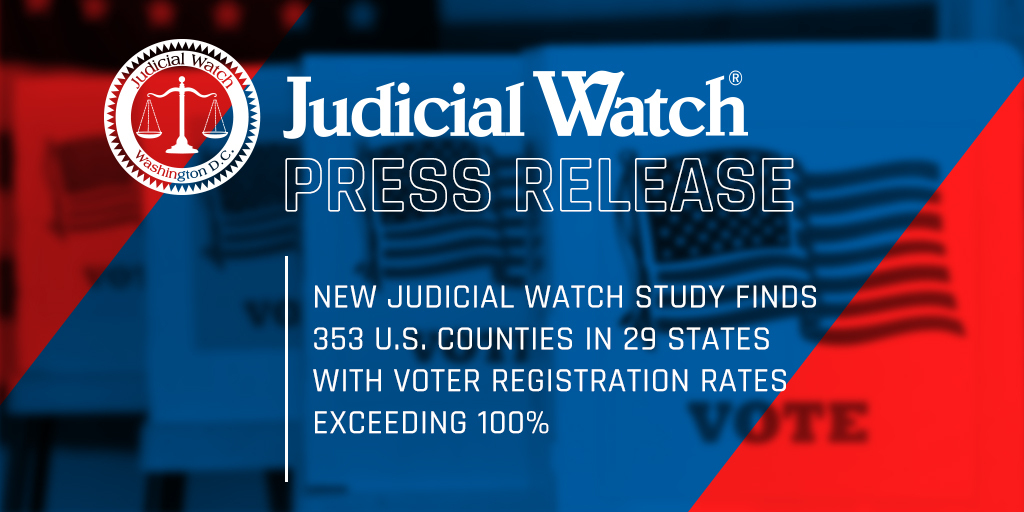Amen Brother!!!And now, we have SHITLOADS of Colorado license plate cars where I live in Wyoming. Coincidence? Just hunting season? Nope. They're coming here from all over. Washington state, CA, you name it. But especially Colorado. I just hope that they don't flee the states that have become unlivable, and then vote for the same policies that turned their former home to crap when they escape to a better-run place.
But that is one of the plans being used by the left. They want to move Democrat voters out of districts that are solidly blue into red districts so that those blue votes are not "wasted". If they can infiltrate the red areas, they can flip some of them blue, and gain more representatives or even senators.
Also, Laura Loomer is hard to find now because she has been banned by Twitter and Facebook, and probably YouTube as well. That's what the tech companies do. If they don't like your politics, you just go away. Nice, huh?
Parler and Rumble (both partially owned now by Dan Bongino) are probably some of the better places to find uncensored video and content. Twitter, Facebook, and YouTube are beyond the pale now. Operating in full Orwell 1984 mode.
Also, the current director of national intelligence has confirmed today that the Hunter Biden hard drive is not fake, and in no way some sort of "Russian Disinformation". Even the Biden campaign is not denying the authenticity of the drive.
And the things they're finding on the drive are even more disgusting than the fact that Joe Biden is now, and has been in the pockets of China, Russia, and Ukranian oligarchs. He's a definite threat to national security. The ongoing bribery as well as the threat that he or his kid can be blackmailed should be too much for even a Trump-hater to accept. And realize: Hillary was also obviously in the pocket of the Russians. The Clinton Foundation received huge bribes for her to push through things like the sale of Uranium One to Russia.
The idea that Russia was rooting for Trump to win is preposterous. They already had Hillary bought and paid for. They clearly wanted her to win in 2016. Trump has been their worst nightmare, and yet, the leftist media is dragging out the tired, old, and ridiculous claim that the Hunter hard drive is "Russian Disinformation". Excuse me? Why in the world would Russia want to get Trump re-elected? That's so obviously the opposite of the truth that it makes anyone with a brain do a spit-take when they hear it!
You may not like Trump's demeanor or way of expressing himself, but he gets results. And I cannot imagine how anyone could vote for Biden or Harris and the corrupt swamp who are their masters. This is the most important presidential election EVER.
And not just the presidential election. If the Dems win the House, or God forbid, the Senate, this country may well be doomed. Vote down-ticket. Please! All of those races are vitally important.
I only hope that the information that we've known about for a long time, and which is now being confirmed by these emails, will be enough to convince an overwhelming majority of voters that the swamp is very real and very dangerous. Clearly there are people from both parties who have been, and continue to be, involved in this corruption. But the Democrats seem to be the most deeply involved, and the Republicans may be our only hope at this point.
2020 has sucked bad. Let's hope 2021 isn't even worse. It very well could be.
Vote.
They have been calling Texas a purple state for awhile now and there is a big push to turn it Blue, as all states of course...Texas has already been Blue in all of it's major cities since Obama...


